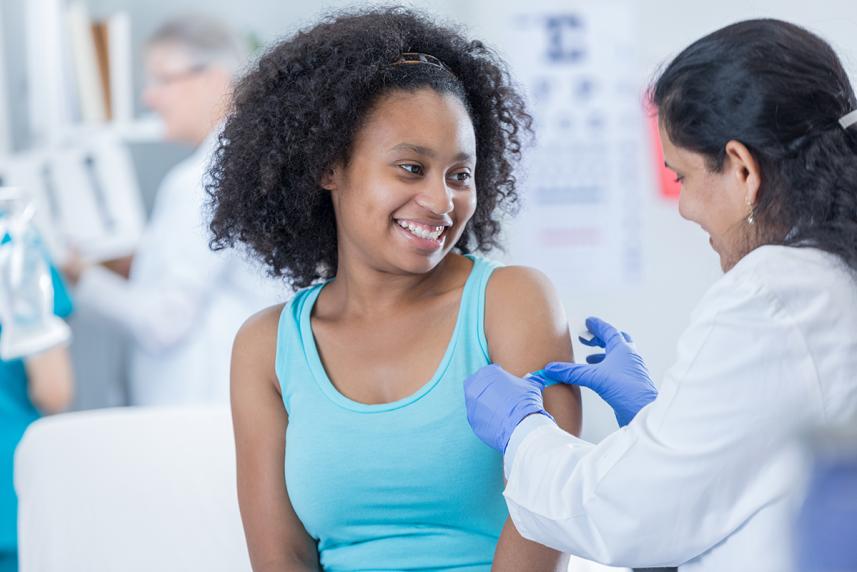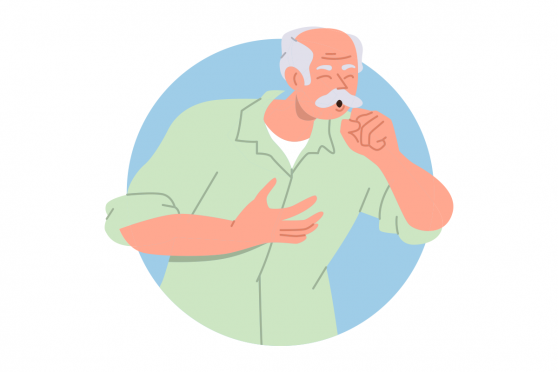The truth about vaccines for children
Not sure what to believe about vaccinations? Truth is, they’re one of the best ways to keep your child healthy. In this article, an expert answers your most pressing questions so you can feel confident in your decision to vaccinate.

Whether your child is an infant or a teen, staying up to date on vaccinations is one of the best ways to prevent measles, whooping cough, and other diseases. “Vaccinations are so important,” says Katie McPeak, M.D., medical director for health equity of the Children’s Hospital of Philadelphia Primary Care Network.
“Many life-threatening diseases have become very rare thanks to vaccinations,” Dr. McPeak adds. Here’s what else you should know about vaccinations.
Question #1: How do vaccines work?
A vaccination helps your child’s immune system fight a certain disease. When your child receives a vaccination, he or she gets an injection of a killed or weakened germ. It does not actually infect your child, but it tricks your child’s body into thinking it’s being attacked by a particular disease. Your child’s immune system reacts by creating disease-fighting antibodies, which help protect your child from that disease in the future.
Question #2: Is one vaccine enough?
For the most protection, your child will need multiple vaccinations from birth to 18 years old. That’s because different vaccinations protect against different diseases, and some vaccinations require more than one dose.
Question #3: Are vaccines safe?
Yes, they are. Nearly all children can be safely vaccinated unless they have another condition that presents a risk, such as cancer or a weakened immune system. Additionally, the Centers for Disease Control and Prevention (CDC) monitors the safety of vaccinations.
Like any medication, vaccinations may cause side effects. The most common are temporary swelling or redness at the injection site.
Question #4: Which vaccines are best for my child?
Talk to your child’s doctor, who can make sure your child receives vaccinations as recommended. The doctor can also answer any questions you have about vaccination safety or side effects.
Question #5: When should my child get vaccinations?
The CDC publishes a recommended child and adolescent immunization schedule for people 18 years old and younger. You can find that schedule here.
The easiest way to keep them up to date? Attend all of your child’s well visits. It’s the perfect time to check in with their doctor, get answers to your questions, and make sure your child has all the immunizations they need to stay healthy for the long haul.



